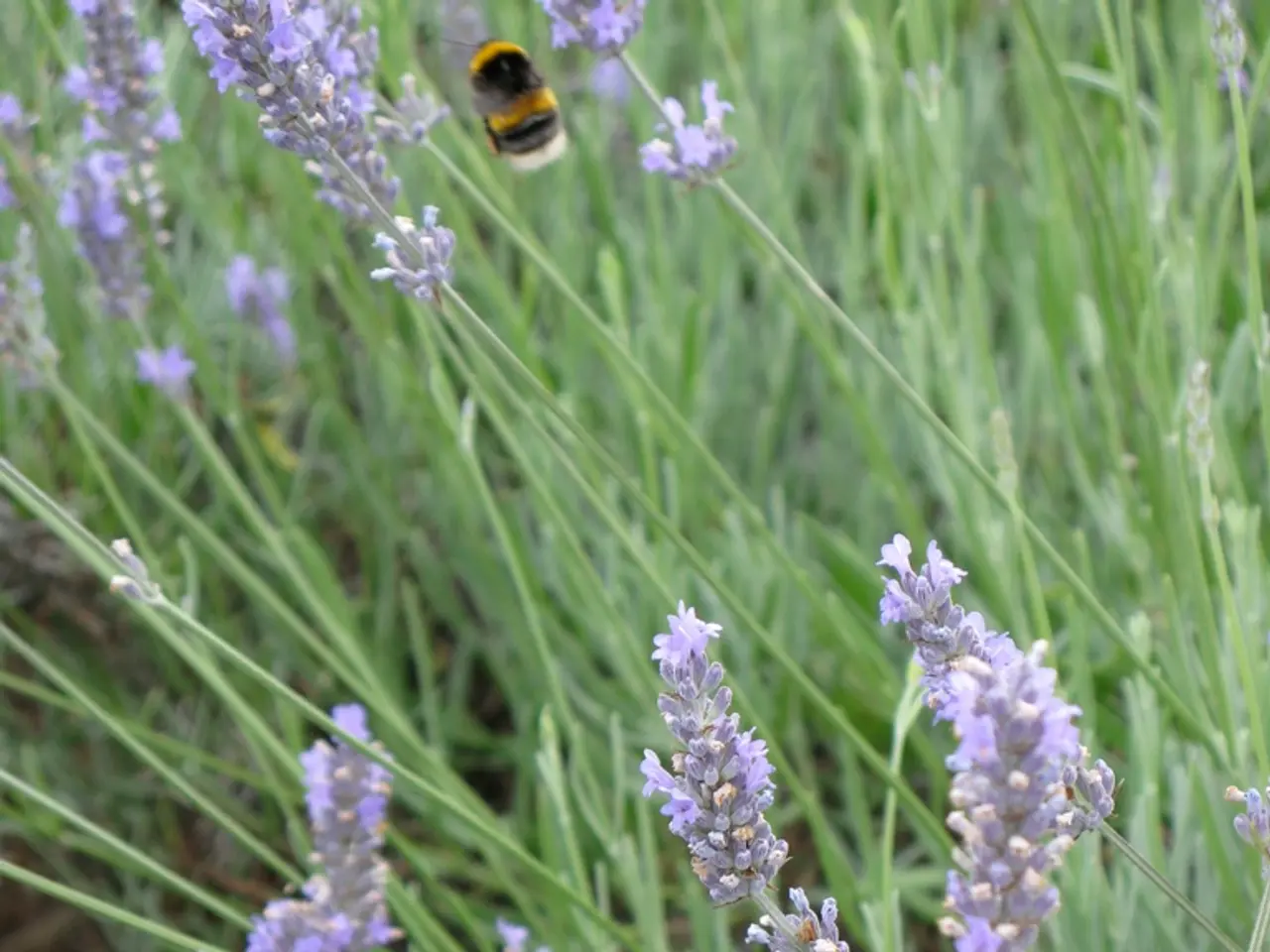World Bee Day: Celebrating the Vital Role of Bees
Commemorating the Buzz: Unique Approaches for World Bee Day on May 20th
Every year on May 20, the world comes together to celebrate World Bee Day. This special day, recognised by the United Nations, is dedicated to highlighting the importance of bees and other pollinators in maintaining healthy ecosystems. The date holds significance as it is the birthday of Anton Janša, a pioneer in modern beekeeping, who was born in 1734.
Bees play a crucial role in our food production, pollinating three-quarters of the plants that produce the majority of the world's food. However, they face threats such as habitat loss and pesticide use. World Bee Day aims to raise awareness about these issues and promote global action to protect bees.
There are several ways to celebrate World Bee Day and support bees. One of the most effective ways is through education. Organizing workshops, lectures, or hands-on activities in schools and communities can help educate people about the importance of bees and how to protect them.
Another way to support bees is by creating bee-friendly gardens. Encouraging people to plant flowers and herbs that attract bees, such as lavender, sunflowers, and mint, helps provide them with the necessary pollen and nectar for survival.
Supporting local beekeepers is another important aspect of celebrating World Bee Day. By buying honey and other bee products directly from them, you're not only supporting the local economy, but also helping in maintaining healthy bee populations.
Community events like beekeeping demonstrations, garden tours, or environmental fairs can also be organised to raise awareness and engage people in protecting pollinators.
If you're feeling particularly ambitious, you could even adopt a beehive through various initiatives that aim to safeguard bee populations and promote biodiversity.
Social media platforms can be used to share information about the importance of bees and encourage others to take action in protecting them. Using tags like #WorldBeeDay and #Savethebees can help spread the message far and wide.
Remember, even small actions can make a big difference. Leaving a patch of bare ground or a small sandpit can provide habitat for ground-nesting bees. Avoiding hybrid cultivars and double blooms, which produce less nectar and pollen, can also help support bees.
World Bee Day is a call to action, a reminder of the vital role bees play in our ecosystem and food production. By celebrating World Bee Day, individuals and communities can contribute to a more sustainable future for these vital pollinators.
Sources: [1] UN Food and Agriculture Organization [2] National Wildlife Federation [3] Friends of the Earth [4] The Guardian [5] Bee City USA
- By planting flowers like lavender, sunflowers, and herbs such as mint in our gardens, we can attract bees and provide them with essential pollen and nectar.
- Organizations like UN Food and Agriculture Organization, National Wildlife Federation, Friends of the Earth, The Guardian, and Bee City USA offer valuable resources and information on how to protect and support bees.
- To help maintain healthy bee populations, consider buying honey and other bee products directly from local beekeepers.
- This World Bee Day, let's promote organic gardening techniques by avoiding hybrid cultivars and double blooms, which have less nectar and pollen.
- Educational workshops, lectures, and hands-on activities can help spread awareness about the importance of bees and how to protect them in our homes, schools, and communities.
- In addition to flowers and vegetables, consider including plants that serve decorative purposes in bee-friendly gardens, as these will also attract pollinators.
- By leaving a patch of bare ground or a small sandpit, we can offer habitat for ground-nesting bees, providing them with an essential resource.
- Small actions add up, and by sharing information about World Bee Day and the importance of bees on social media platforms, we can all contribute to a global movement to protect these vital pollinators.





